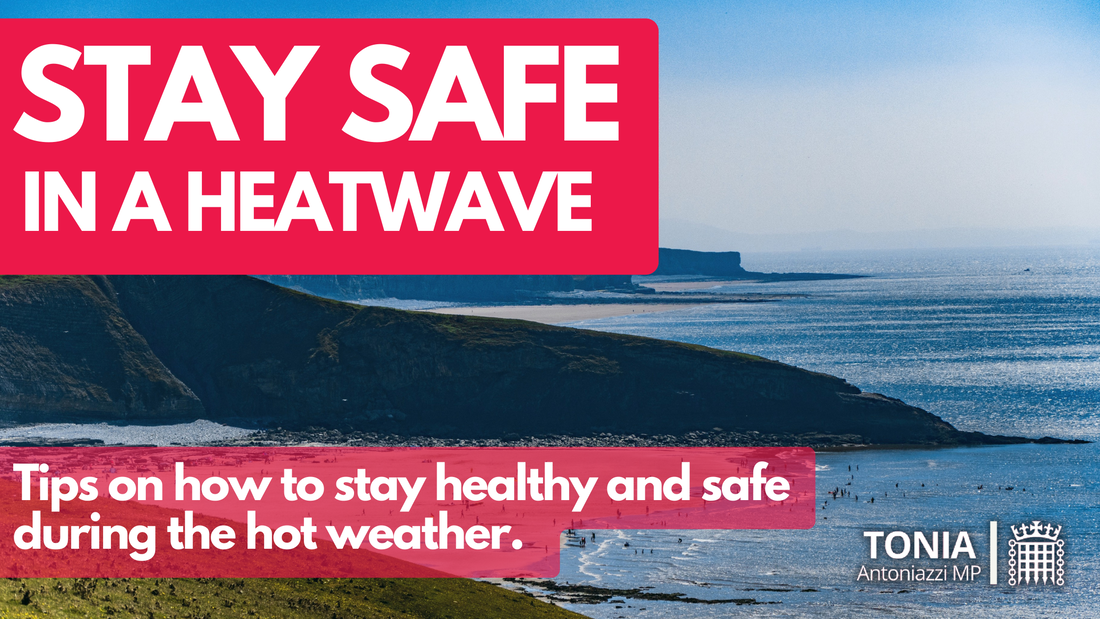|
An amber weather warning for extreme heat will be in place from 00:00 BST on Mon 18 July and will end on 23:59 BST on Tue 19 July. This means a hot spell is likely to develop from Sunday, likely peaking early next week, leading to widespread impacts on people and infrastructure.
Always check the weather before travelling. Working in extreme heat There’s no law on maximum working temperatures. However, during working hours the temperature in all indoor workplaces must be ‘reasonable’. What is reasonable will depend on your workplace, the type of work you do, whether you have any disabilities, medical conditions and other factors. Employers are also legally obliged to assess risks to the health and safety of their employees, and take action where necessary and where reasonably practicable. This includes workplace temperature. Employers should consult with health and safety reps and employees to agree sensible means to cope with high temperatures. These measures also apply if you are working from home. Make sure your employer is taking necessary steps to keep your workplace safe by:
If you aren't a member of a Trade Union, find out which union is right for you and sign up at www.tuc.org.uk/join-a-union Staying healthy during extreme hot weather Prolonged periods of extremely hot weather pose serious health risks. Excessive exposure to high temperatures can kill. Those most at risk include older people, very young children and people with pre-existing medical conditions. Stay out of the heat
Cool down
Keep your environment cool
Look out for others
If you have a health problem
If you or others feel unwell
Public health Wales has more help and advice available on their website. Comments are closed.
|
News Archive
May 2024
Categories
All
|
